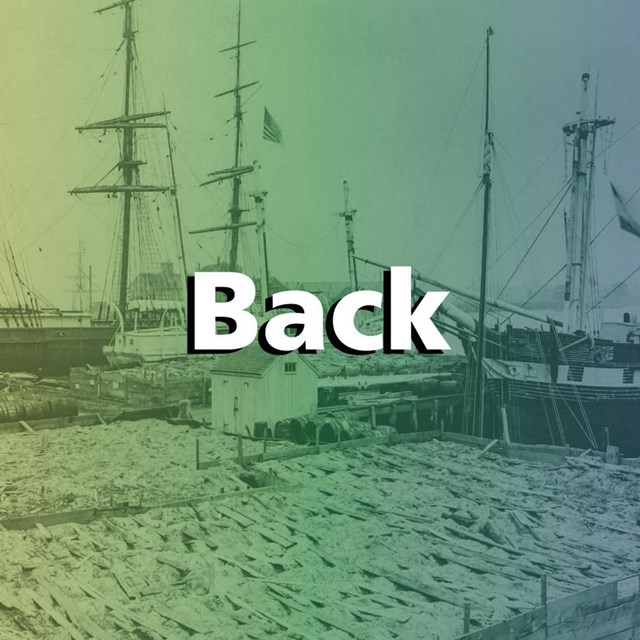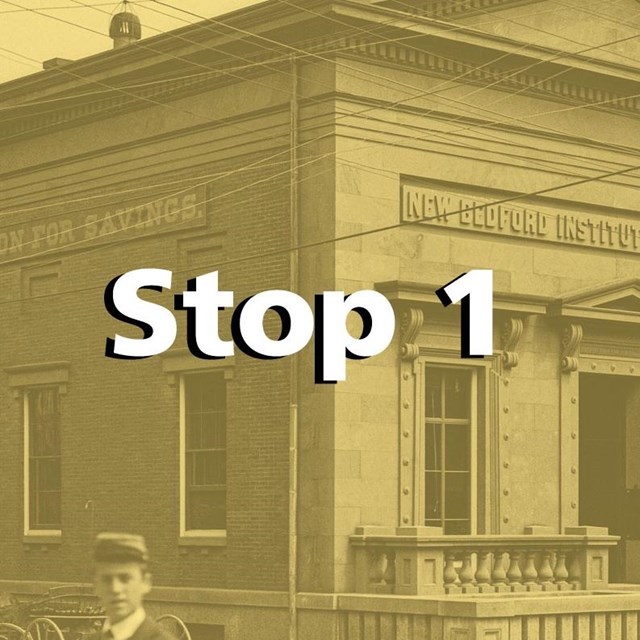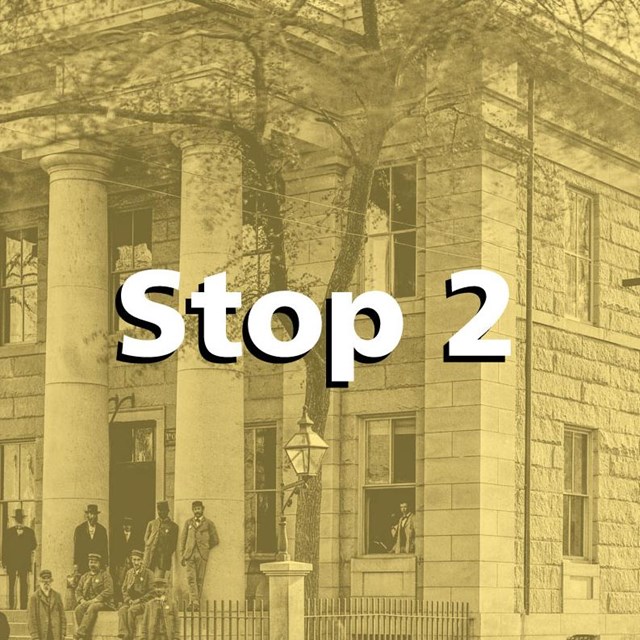
WelcomeWhaling in New Bedford started with the Wampanoag tribe. Drift and shore whaling was frequently practiced by the indigenous people, because a successful hunt could feed an entire tribe. The natives whaled out of necessity and survival. The English settlement of Nantucket, an island not far away, approached whaling differently. The English culture was much more materialistic, whaling for profit. Although there was already a small whaling port in New Bedford during the 1700s, Nantucket as an island still had the advantage being closer to the whale migration routes. As the number of whales in the Atlantic began to decline, ships grew to accommodate longer trips, and being able to process and store the whale at sea. The obstructing sandbars, and dangerous shoals around Nantucket Island hampered the use of these larger vessels which led to its decline as a whaling port. New Bedford’s deep water port attracted more whaling merchants, and the area began to blossom. Immigrants and freedom seekers across the world found new beginnings and better financial prospects here in the growing city. Whaling provided many of the raw materials for American life in the 18th and 19th centuries; from illumination, lubrication of machinery, to high fashion. Continue the Tour |
Last updated: October 26, 2020



